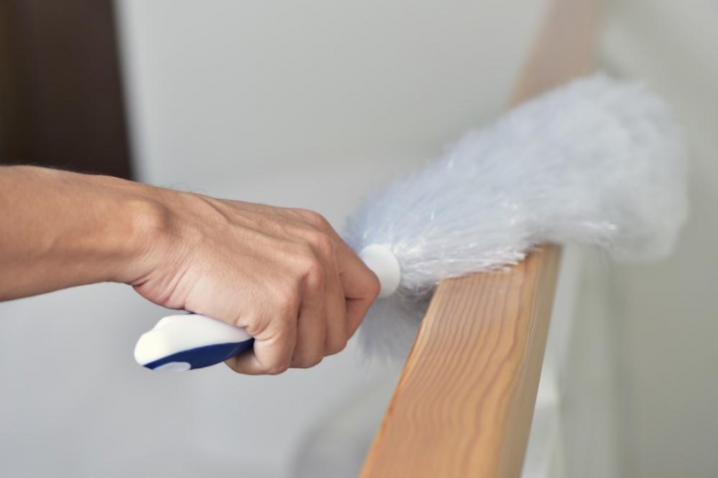
Excessive dust in the workplace can be a problem for business management for a number of reasons. It triggers a range of allergies and respiratory conditions. And with long-term exposure, more high-volume exposure can cause chronic conditions.
This creates a responsibility for employers to manage dust well in the workplace. This risk is particularly relevant for companies that work in industries where dust production is a side effect of producing their product. Health and safety rules mean these people must wear appropriate protection from growing numbers of dust-related conditions.
The types of industries affected by this are:
– mines and quarries – this is often dust created collecting coal, flint and silica
– construction sites – dust from making or removing cement and asbestos
– farming and agriculture – dust from milling and transporting grain
– carpentry and Joinery – dust from sawing and carving wood
– bakeries and mills – dust from flour production, transport and usage
If the company’s operations produce reasonable levels of dust, employees must wear protection according to workplace safety rules. Products currently on the market can help employers meet their health and safety obligations. For example, the Moldex 2385 valved disposable face mask offers protection against fine dusts, as well as mists and fumes.
This includes coverage for materials like aluminium oxide and brick dust, or building materials such as cement. Cellulose, pollen and sugar make up the rest of this respirator’s uses. Other products are available to deal with different types of particles from suppliers such as System Hygiene.
Dusting products for the office
Looking back to the office environment, 44% of British adults now suffer from at least one allergy. And the numbers have been rising, affecting millions of people in a year. Almost half (48%) of these sufferers have more than one allergy.
Exposure to fumes, gases or dust in the workplace is behind 11% of asthma worldwide, says data from the United Nations. This respiratory condition, brought on by airborne irritants, is responsible for 24.5 million missed work days every year in the UK. These are across the professional spectrum – from offices to design studios.
These types of allergies bring sniffing, sneezing, runny nose and watery eyes, often for weeks at a time. People may also experience shortness of breath, a persistent cough, and concerning symptoms like chest tightness or wheezing. These symptoms are typical of allergies. Irritants cause inflammation in the lung and cause you to be unwell. This means it’s just as important for the office employers to manage dust as it is for the construction site manager.
Cleaning regimes are key
Good cleaning regimes are key to tackling the problem of dust build-up. Great quality packs like the VCC-03 Vax Commercial Vacuum Bags are manufactured from a high filtration microfibre, that lasts up to 50% longer than traditional paper vacuum bags. This means they’ll let less dust back into the air from vacuuming than other products available. Alternatively, a quality dust collection system can take care of this. The bags also feature a higher tear resistance than paper bags and allow the machine to operate with a superior airflow to collect more.
Employers must also look at the places where dust hangs around untouched. These places can cause particular dispersal of irritants when they are then removed. Items like the Cobweb and Dust Collector head allows you to collect dust, lint and cobwebs from hard to reach areas such as pipes, structural ironwork, shelving and air ducts. The head can be attached to a variety of extension poles or wooden handles to allow the ability to clean even harder to reach places.
These small additions to your company’s equipment can help protect your employee’s wellbeing and your own productivity. Dusting and managing dust exposure are important obligations for employers and shouldn’t be overlooked.



